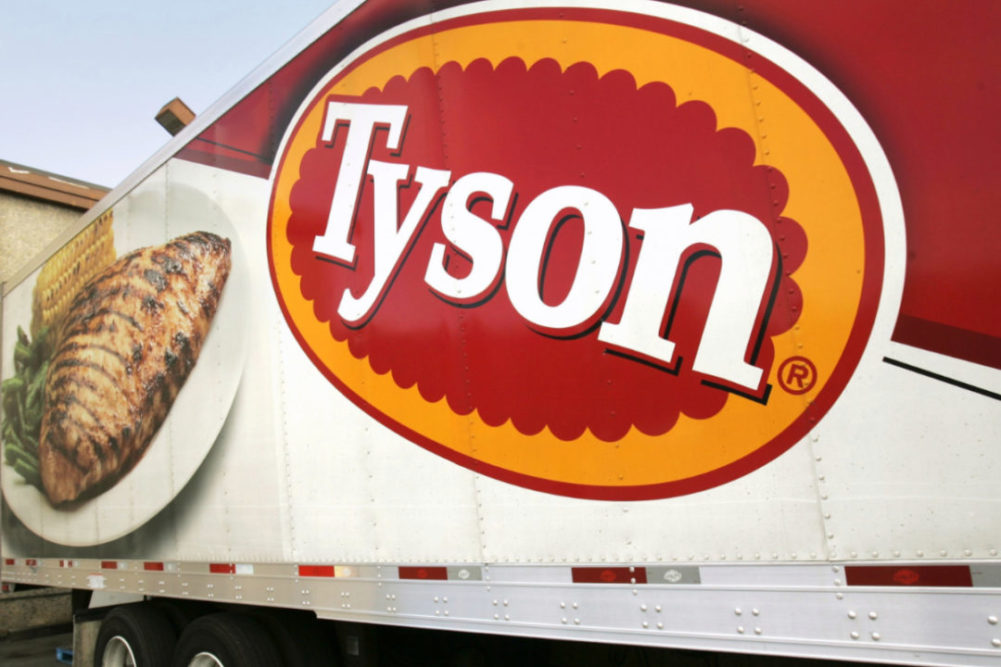SPRINGDALE, ARK. – Tyson Foods Inc. is working to reduce deforestation in its global supply chain. The company announced on Nov. 12, a Forest Protection Standard aimed at lowering deforestation risk in the supply chain of four commodities – cattle and beef; soy; palm oil; and pulp, paper and packaging.
“As one of the world’s largest food companies and a recognized leader in protein, we have an important role in protecting forests and other natural ecosystems,” said Dean Banks, president and chief executive officer of Tyson. “We are asserting our ambition to make protein more sustainable and look forward to working with our supply chain partners, customers and other stakeholders to do our part on this important issue.”
Earlier in 2020, Tyson partnered with Proforest to conduct a deforestation risk assessment. The company learned that almost 94% of its land footprint is at “no to low risk” of being associated with deforestation. However, the remaining 6% of land is at risk. To address this situation, the Forest Protection Standard was developed.
“To support the Forest Protection Standard, specific Commodity Action Plans are being developed to outline the work required in each commodity area to support deforestation free sourcing,” the company said. “Progress towards meeting the goals of the Forest Protection Standard will be outlined in the company’s annual sustainability report.”
Tyson Foods is a member of the United Nations Global Compact and supports the United Nations Sustainable Development Goals (UNSDG) and its 2030 agenda for sustainable development.
The company’s Forest Protection Standard is in alignment with three of the UN’s Sustainable Development Goals including, Goal 12: Responsible Consumption and Production; Goal 13: Climate Action; and Goal 15: Life on Land. For more information on sustainability at Tyson Foods, visit www.tysonsustainability.com.


